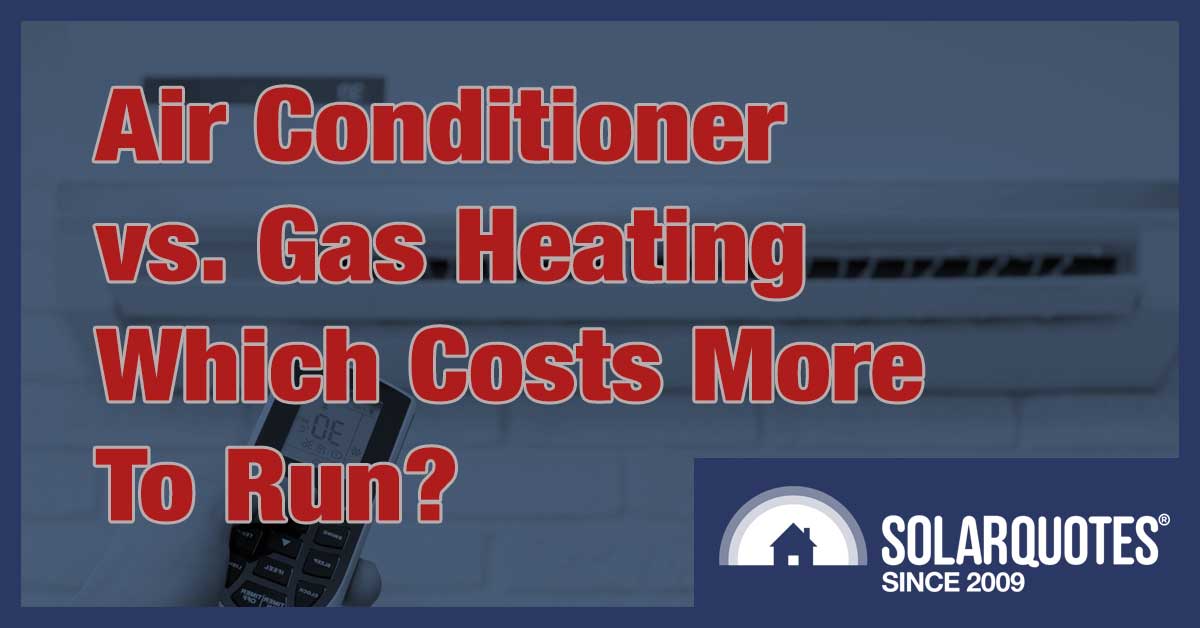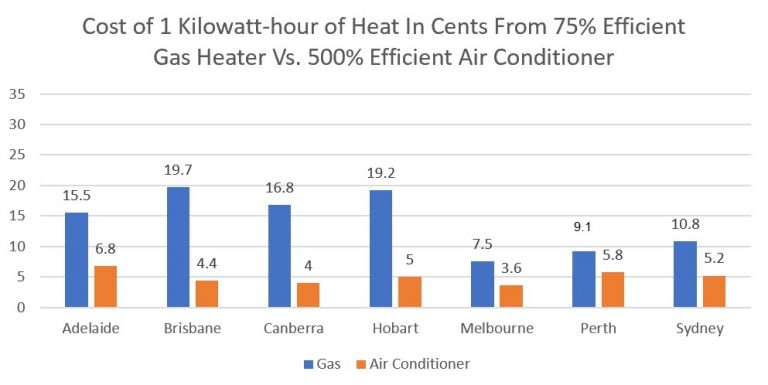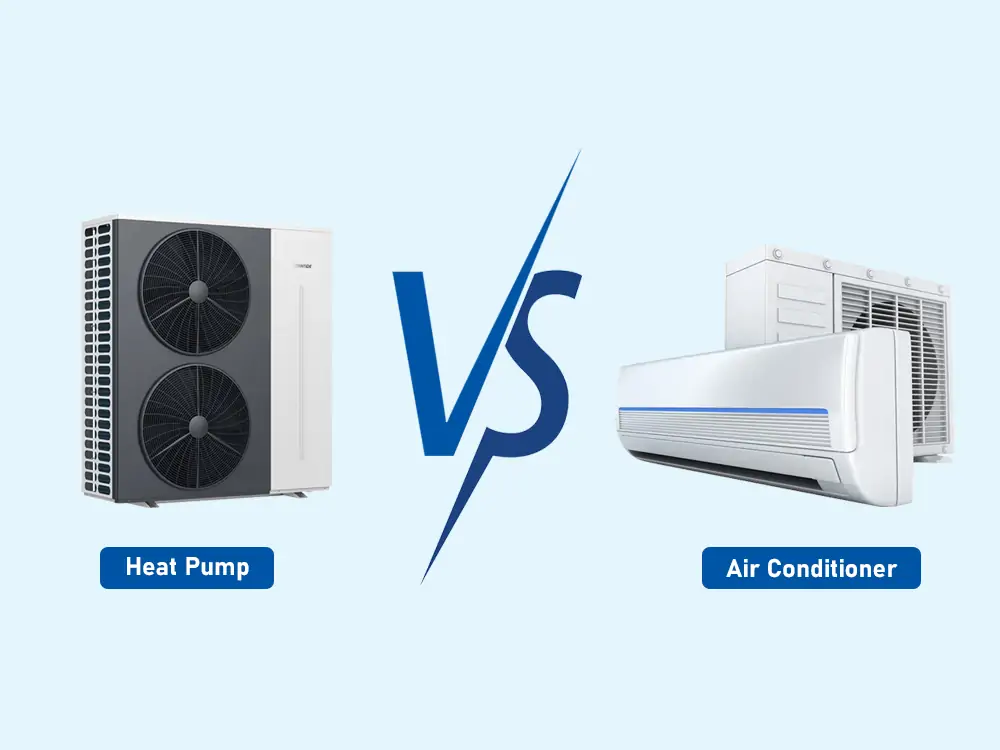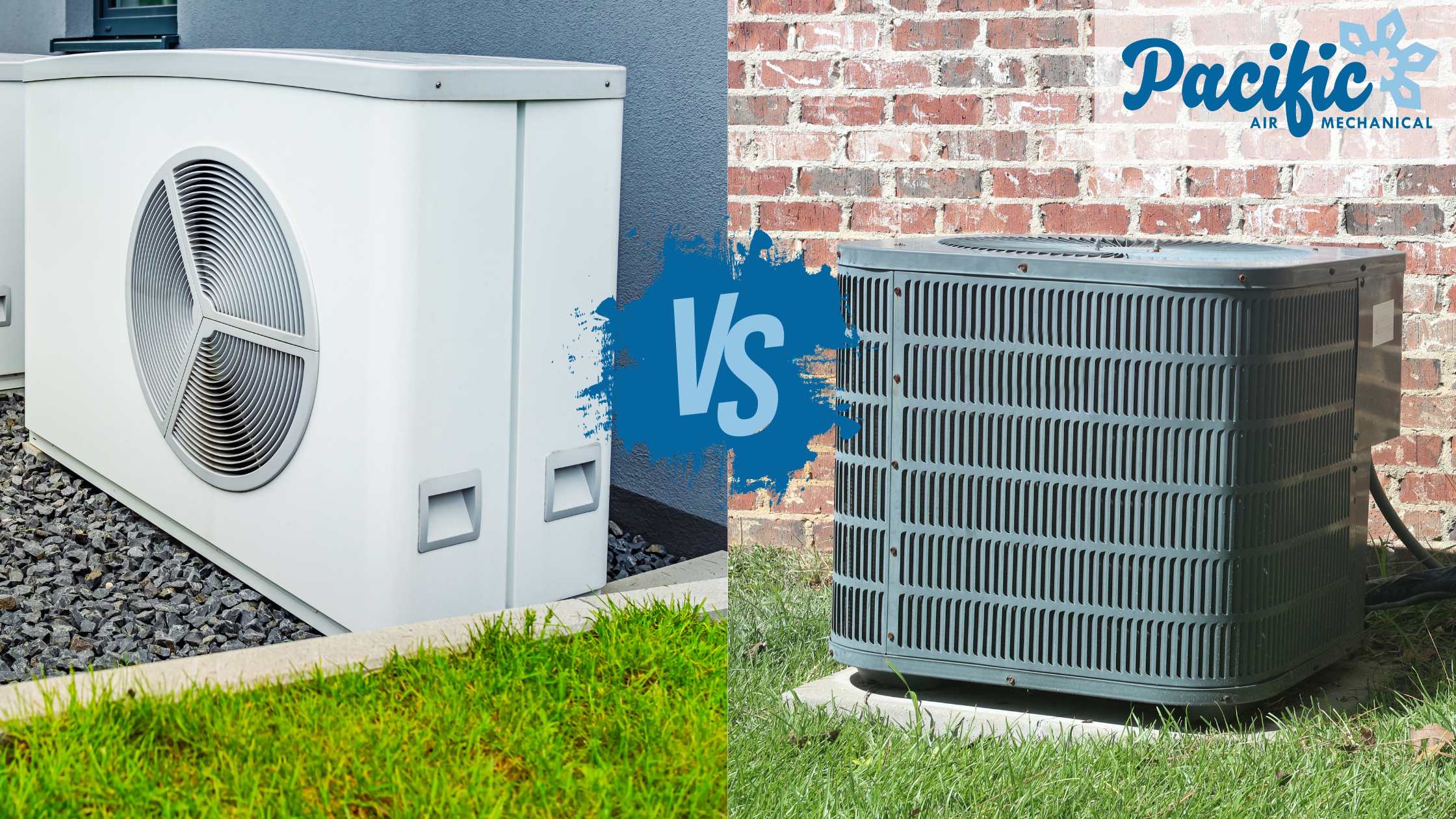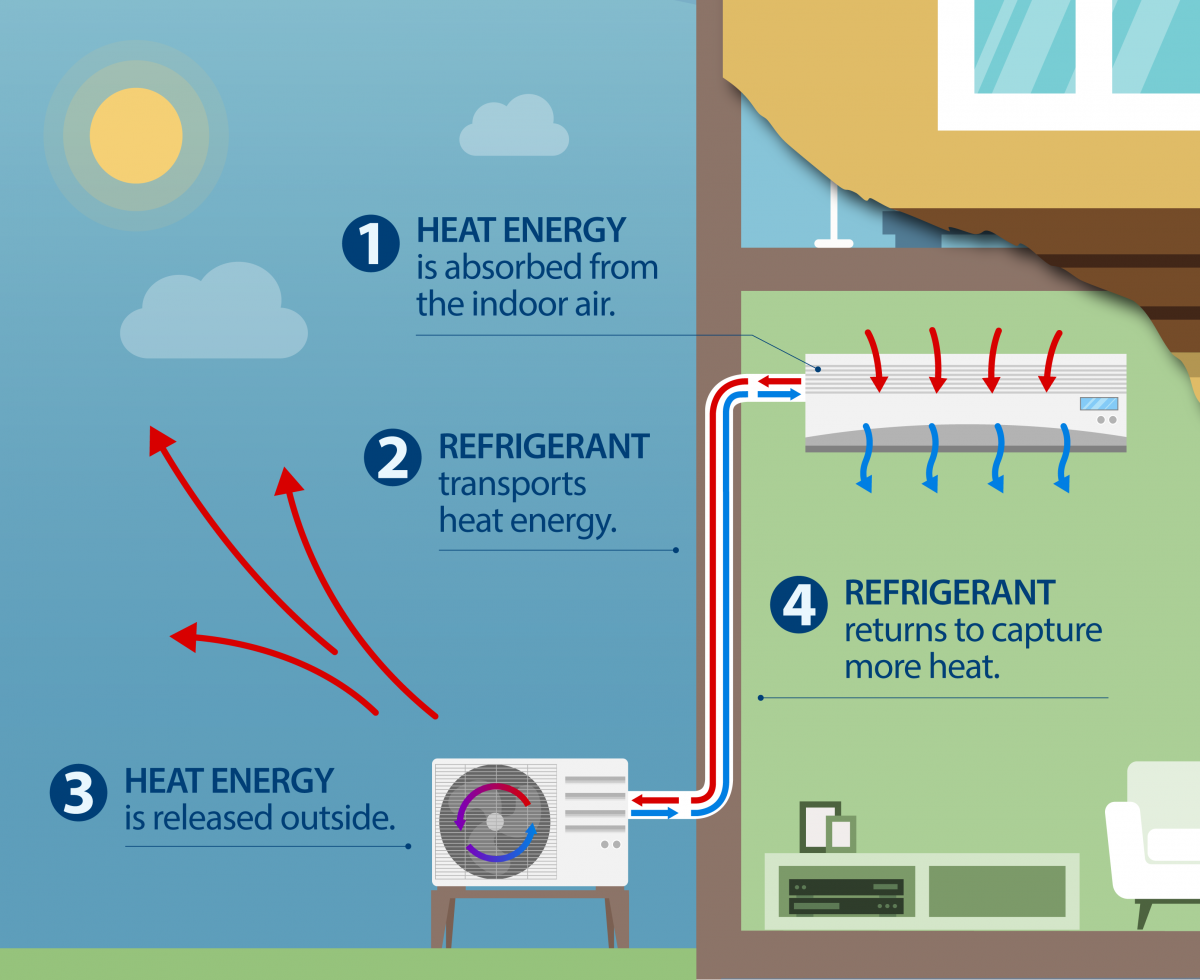Is Heating Cheaper Than Air Conditioning
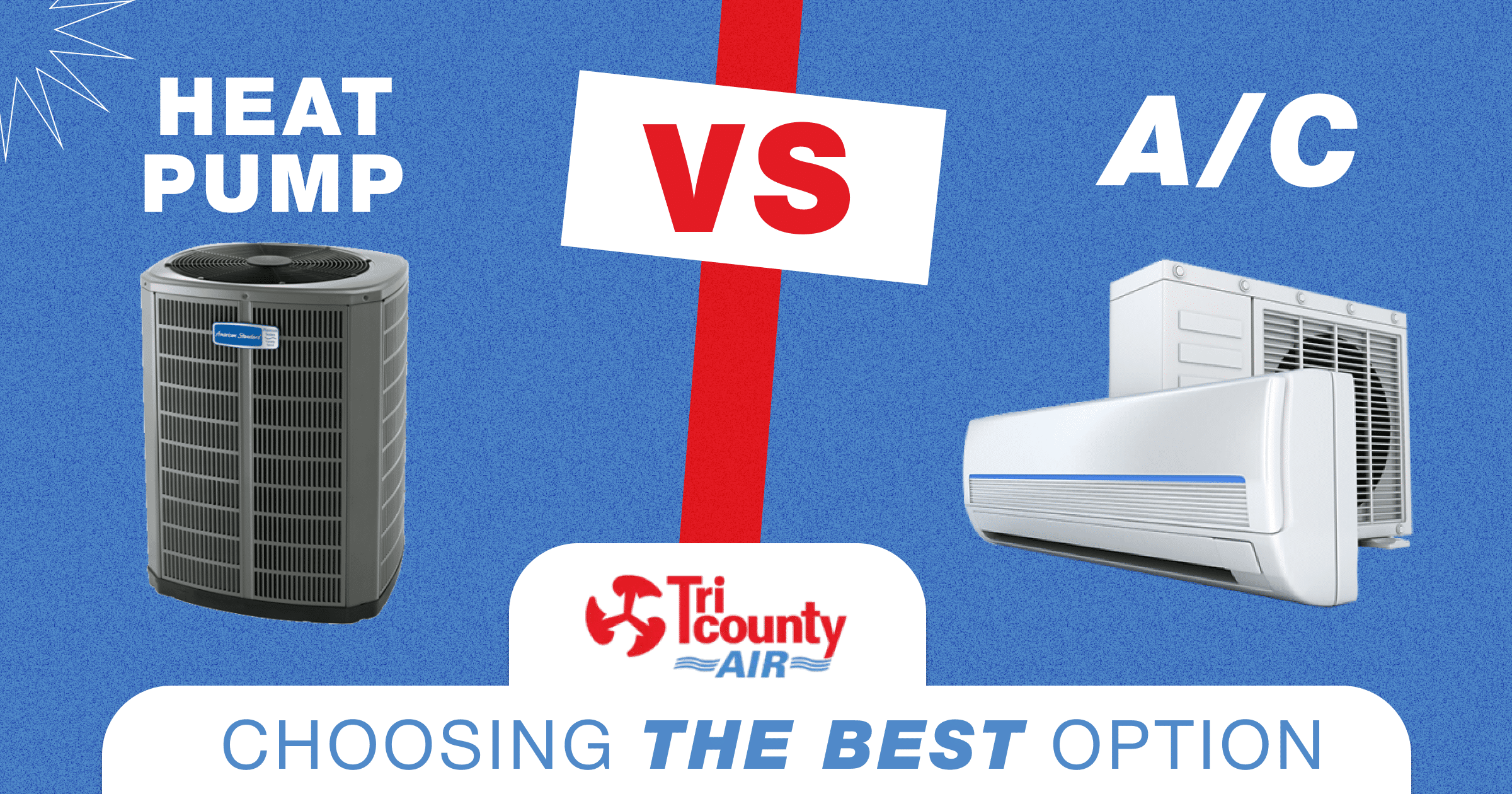
Is Heating Cheaper Than Air Conditioning? Unveiling the True Cost of Comfort
For homeowners and businesses alike, understanding the energy consumption of heating and cooling systems is crucial for managing costs and minimizing environmental impact. A common question arises: is heating cheaper than air conditioning? The answer, unfortunately, isn't straightforward. It depends on a multitude of factors, including your climate, the efficiency of your HVAC system, your insulation, and even your personal thermostat preferences.
The Great Energy Showdown: Heating vs. Cooling
Generally speaking, in regions with harsh winters, heating often consumes more energy annually than cooling. This is primarily due to the significant temperature difference that needs to be overcome. Consider the difference between maintaining a comfortable 70°F (21°C) inside when it's 10°F (-12°C) outside versus cooling from 90°F (32°C) to 75°F (24°C). The greater the temperature differential, the more energy required.
However, this isn’t a universal truth. In hotter climates, especially those with long, scorching summers, air conditioning can easily become the dominant energy hog. Think of Arizona, Nevada, or Florida, where cooling systems run almost constantly for months on end. Data from the Energy Information Administration (EIA) consistently shows higher cooling costs in these regions.
Key Factors Influencing Heating Costs
Several elements directly impact how much you'll spend on heating:
- Fuel Source: Natural gas is typically the most cost-effective heating fuel, followed by propane. Electricity is often the most expensive, especially if you rely on electric resistance heating (like baseboard heaters). Heat pumps offer a more efficient electric option, transferring heat rather than generating it.
- Furnace Efficiency (AFUE): The Annual Fuel Utilization Efficiency (AFUE) rating indicates how efficiently a furnace converts fuel into usable heat. A higher AFUE rating means less wasted energy and lower bills. Look for furnaces with AFUE ratings of 90% or higher to maximize savings. Many older furnaces have AFUE ratings of 70% or less.
- Insulation: Adequate insulation in your walls, attic, and floors is critical for preventing heat loss. Poor insulation forces your furnace to work harder and longer to maintain a comfortable temperature. The Department of Energy (DOE) provides recommended insulation levels for different climate zones.
- Air Leaks: Drafts around windows, doors, and other openings can significantly increase heating costs. Sealing these leaks with caulk and weather stripping can dramatically improve energy efficiency.
- Thermostat Settings: Lowering your thermostat by a few degrees, especially when you're away from home or asleep, can result in substantial savings. Consider using a programmable or smart thermostat to automate temperature adjustments.
Key Factors Influencing Air Conditioning Costs
Similarly, the following factors influence cooling expenses:
- Air Conditioner Efficiency (SEER/EER): The Seasonal Energy Efficiency Ratio (SEER) measures the cooling efficiency of an air conditioner over an entire season. The Energy Efficiency Ratio (EER) measures cooling efficiency at a specific temperature. Higher SEER and EER ratings indicate greater efficiency. Energy Star certified air conditioners typically have higher SEER ratings and can save you significant money over their lifespan.
- Climate: As mentioned earlier, the intensity and duration of the cooling season have a major impact on costs. Hotter, longer summers translate to higher cooling bills.
- Home Orientation and Shading: Homes with south-facing windows or little shade tend to heat up more quickly, increasing the demand on the air conditioner. Strategic landscaping and window treatments can help reduce solar heat gain.
- Ductwork Leaks: Leaky ductwork can waste a significant amount of cooled air, forcing your air conditioner to work harder. Have your ductwork inspected and sealed to improve efficiency.
- Thermostat Settings: Just as with heating, adjusting your thermostat upwards when you're away can save energy.
Data Points and Comparisons
Let's consider some real-world examples. According to the EIA, the average U.S. household spends around \$900 per year on energy for heating and cooling. However, this figure varies widely depending on location. In colder states like Minnesota, heating costs might account for 70% of that total, while in hotter states like Texas, cooling costs could make up 60% or more.
Comparing heating systems, a new high-efficiency natural gas furnace (AFUE 95%+) can save homeowners up to 30% on their heating bills compared to an older, less efficient model (AFUE 70%). Similarly, upgrading to an Energy Star certified air conditioner (SEER 15+) can reduce cooling costs by 20% or more.
ROI, Energy Savings, and Rebates
Investing in energy-efficient HVAC equipment often provides a significant return on investment (ROI). While the initial cost may be higher, the long-term energy savings can quickly offset the difference. For example, a heat pump can save you up to 50% on heating costs compared to electric resistance heating. The payback period for a new furnace or air conditioner can range from a few years to a decade, depending on the efficiency of the unit and your energy usage.
Furthermore, many utilities and government agencies offer rebates and incentives for installing energy-efficient HVAC systems. Energy Star provides a comprehensive database of available rebates and tax credits. Check with your local utility company and state energy office to see what programs are available in your area. These incentives can significantly reduce the upfront cost of upgrading your HVAC system.
Smart HVAC Integration: The Future of Energy Efficiency
Smart thermostats, sensors, and zoning systems are revolutionizing the way we control our home's temperature. Smart thermostats learn your heating and cooling preferences and automatically adjust the temperature to optimize energy efficiency. They can also be controlled remotely via smartphone, allowing you to adjust the temperature even when you're not home.
Zoning systems allow you to control the temperature in different areas of your home independently. This is particularly useful for homes with multiple levels or rooms that are rarely used. By only heating or cooling the areas you're using, you can significantly reduce energy waste.
Smart sensors can monitor temperature and humidity levels throughout your home, providing valuable data that can be used to fine-tune your HVAC system and identify potential energy leaks. These sensors can also integrate with your smart thermostat to automatically adjust the temperature based on occupancy and environmental conditions.
HVAC Contractor Considerations
For HVAC contractors, offering energy-efficient solutions is not only good for the environment but also good for business. Highlight the benefits of high-efficiency furnaces, air conditioners, and heat pumps to your customers. Explain the ROI and potential energy savings. Offer energy audits to identify areas where customers can improve their home's energy efficiency. And most importantly, stay up-to-date on the latest energy-efficient technologies and government incentives.
Conclusion: Making Informed Decisions for Energy Savings
So, is heating cheaper than air conditioning? There's no simple answer. The true cost depends on a complex interplay of factors. However, by understanding the key factors influencing energy consumption, investing in energy-efficient equipment, and embracing smart home technologies, you can take control of your energy bills and create a more comfortable and sustainable living environment. Before making any decisions, consider conducting a home energy audit to identify specific areas for improvement and consult with a qualified HVAC professional to determine the best solutions for your needs. Remember, a well-maintained and efficient HVAC system is the key to minimizing energy costs, regardless of whether you're heating or cooling your home. Remember that the Environmental Protection Agency (EPA) has great resources to look at.
